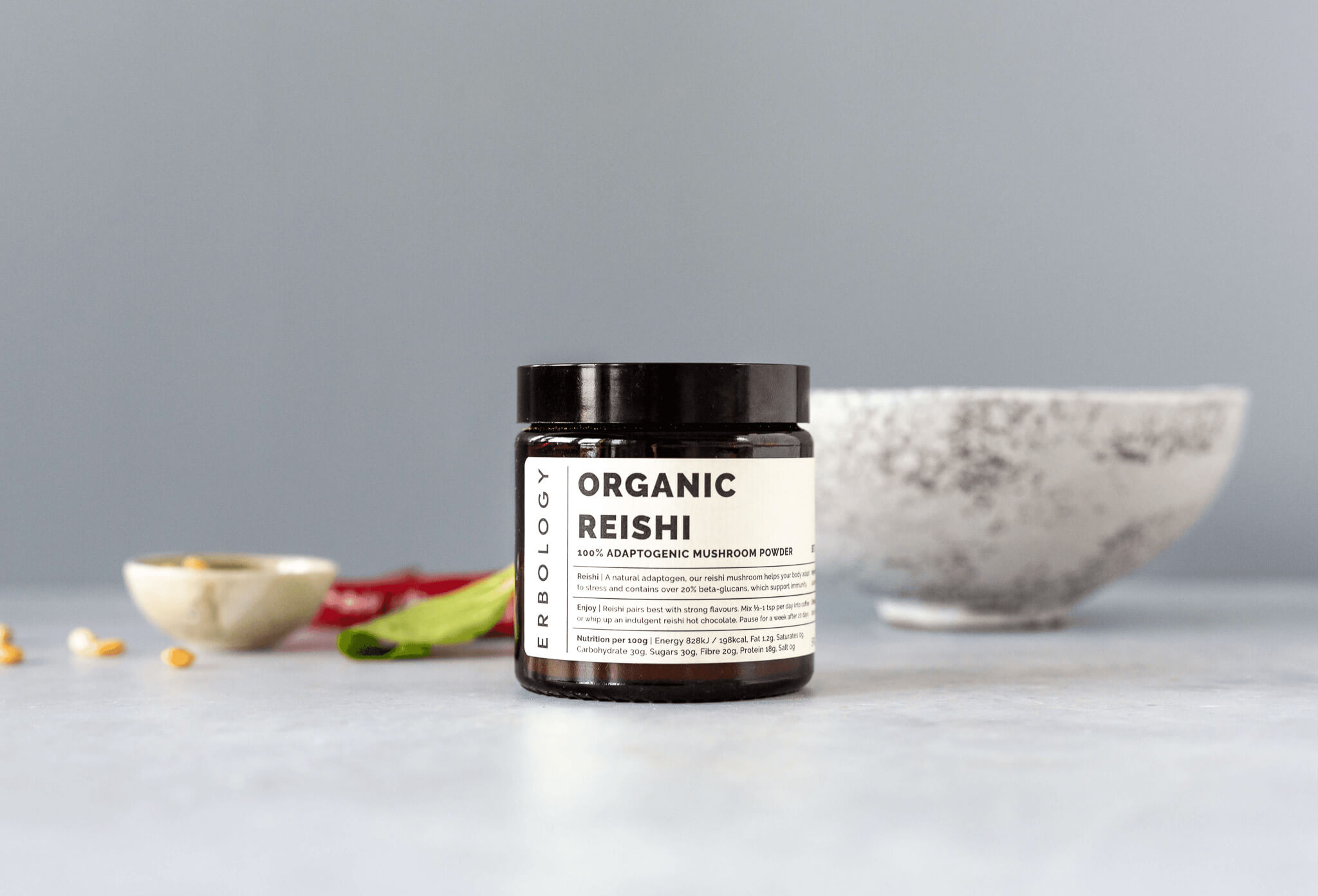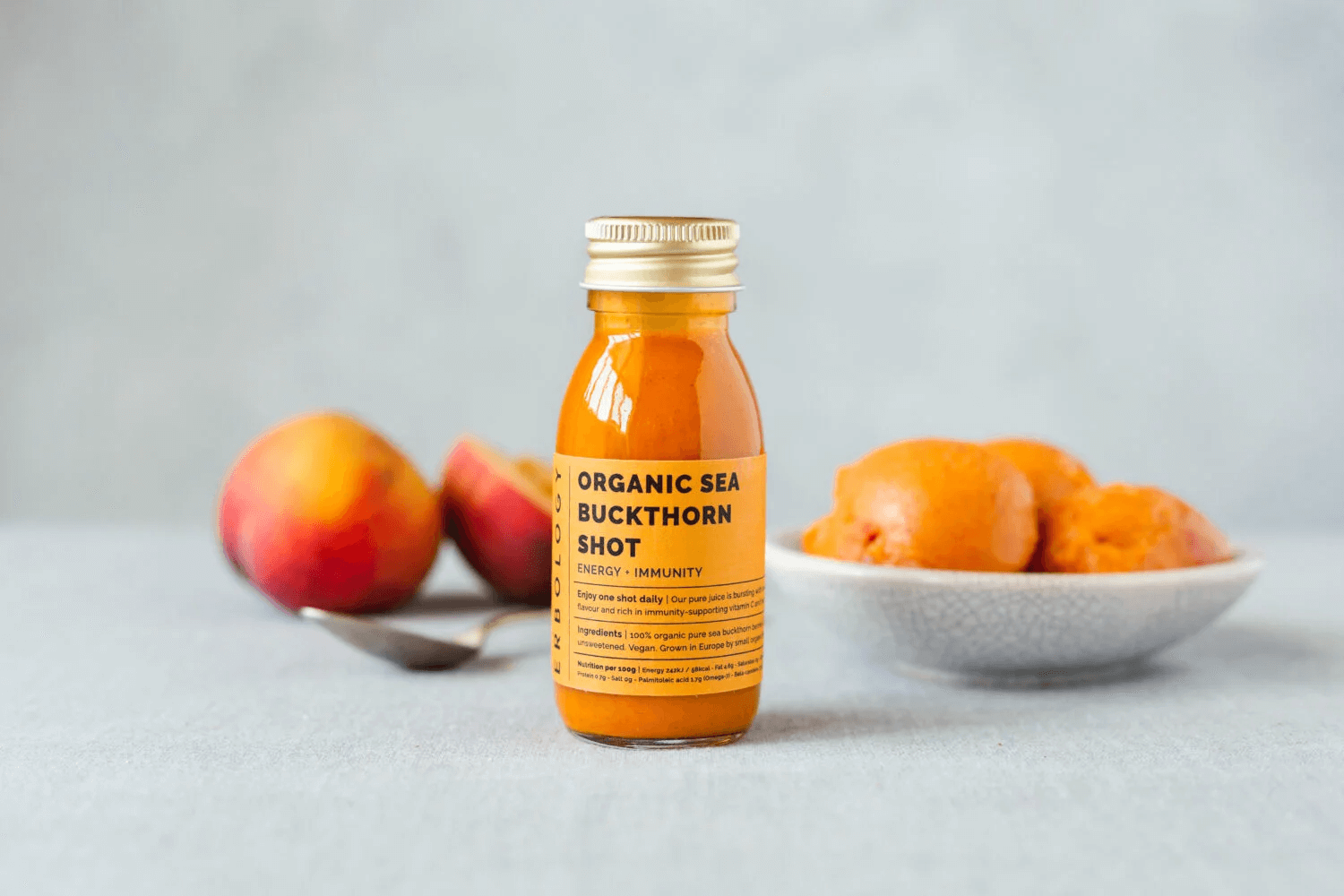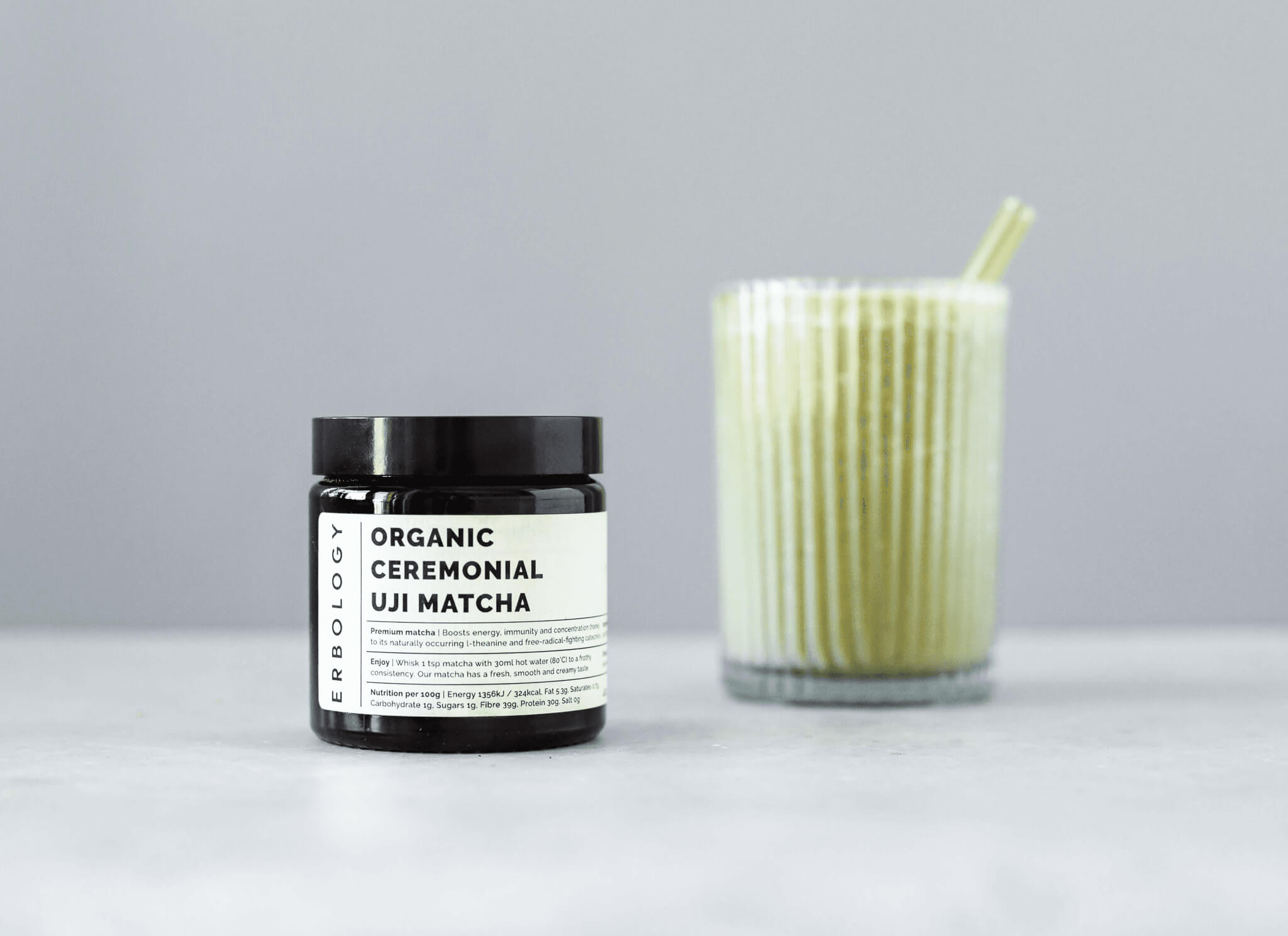12 Oct 2020
Winter immunity: How to stay healthy with natural foods
Autumn and winter can be a testing time for our immune systems. Along with having to contend with colder temperatures, rain and snow, we are also exposed to the many illnesses which flourish during the cooler seasons.
Bad weather in itself is not to blame for the added pressure on our immune systems around this time of year, but rather the way we tend to live during the colder months.
Luckily, there are a few simple changes you can make to get your immune system in the best possible shape for the winter ahead.
To understand how we can help our bodies defend themselves against winter bugs, first let’s take a look at what your immune system is, and how it works.
What is the immune system?
Put simply, your immune system is the organs and methods your body uses to either keep bugs out of your system, or destroy them if they manage to make their way inside.
The organs that keep bugs out of the body are called ‘barrier organs’. These include your skin, mucous membranes and the acid in your stomach. Their job is simple: don’t let any bugs make it past their defences into your body.
Unfortunately, some bugs do succeed in getting around them. Bugs can enter your body through a wound in your skin, for example, or if you consume a bug that can survive the harsh environment of your stomach acid.
Luckily, your body is ready to mop up any invaders.
Other organs in your immune system, called the ‘lymphoid organs’ or ‘lymphatic system’, attack and kill any bugs that make past your barrier organs. The lymphatic system makes use of a range of different methods to first find the invading bug and then to destroy it. Your bone marrow, lymph nodes and spleen are just a few key parts of your lymphatic system.
Types of pathogens
So what are these organs defending you against?
There are few different types of bugs that can cause problems in the body. Any organism that causes disease is called a ‘pathogen’. You will have heard of the most famous types: bacteria and viruses.
Bacteria are single-celled organisms which can have a spherical, spiral, or rod-like shape. Many of them are perfectly harmless, or even good for us, but a few have the ability to cause disease. Usually, they’re slightly bigger than viruses, but they’re still much too small to be visible to the human eye. Disease caused by bacteria can include strep throat and urinary tract infections.(1)
Viruses - which, thanks to recent global events, we’re all very familiar with - are different in that they need a host to survive and spread around.(1)
Disease-causing viruses inject themselves into your cells and take them over. They effectively hijack the cell and change its function in order to produce lots of copies of themselves. The cell then dies, and the new viruses spread. Viruses cause diseases such as HIV and respiratory illnesses like flu and, unfortunately, coronavirus.
There are also some other, less well-known pathogens: fungi and parasites. Yeast and mould are examples of fungi which can cause disease in humans. Usually, though, they’re less able to make trouble in the body than bacteria and viruses.
In fact, fungal infections are generally only a threat to a person’s life if their immune system is already compromised, for example through chemotherapy.(1)
The final group of major pathogens is made up of parasites such as worms (like tapeworm) or protozoa. These single-celled organisms can also cause disease; Malaria, for example, is caused by a protozoa called Plasmodia.
Given the variety of threats, your body needs a variety of different tactics to make sure you stay healthy.
White blood cells and the immune system
Think of white blood cells (leukocytes) as the soldiers of your immune system.
There are a couple of different types: phagocytes and lymphocytes.
Phagocytes get rid of pathogens by effectively gobbling them up. The phagocyte approaches a pathogen and moves around it until it is fully surrounded, before absorbing the pathogen into itself, where it can be broken down and destroyed.
Lymphocytes destroy pathogens too, but importantly, they can help you body remember them. This means your immune system can react faster to destroy them if they appear again. In the future, your body will be able to neutralise the recognised pathogen before it can cause disease. This is why you can remain immune to some diseases after having been infected in the past.
There are two types of lymphocytes.
B-lymphocyte cells act as sentries, keeping an eye out for any cells that shouldn’t be there. They can’t destroy a pathogen on their own, but if they find one, they send out antibodies which stick to the pathogen and raise the alarm to other cells. Once released, antibodies stay in your bloodstream, ready to react quickly if the pathogen should return.
T-lymphocytes are sometimes called ‘killer cells’ because their job is to track down the foreign cells which the B-lymphocytes have marked, and destroy them.
undefined

Organic Reishi Mushroom Powder

Organic Sea Buckthorn Shots

Organic Reishi Mushroom Powder

